Plant bare-root roses now for glorious summer blooms
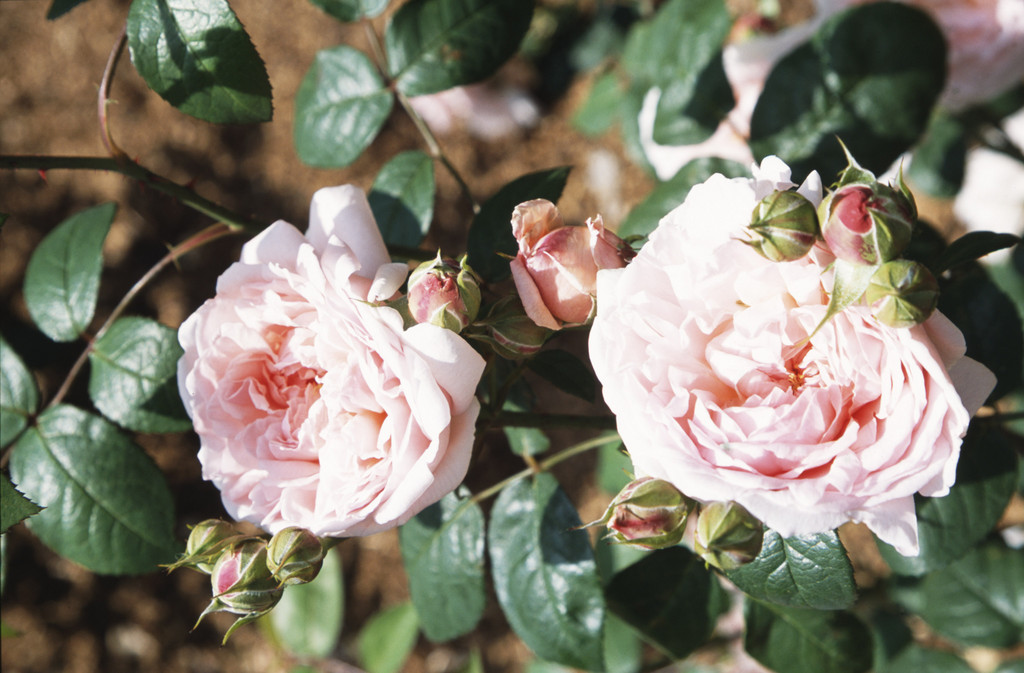
Parenting advice, hot topics, best buys and family finance tips delivered straight to your inbox.
You are now subscribed
Your newsletter sign-up was successful
For colour, scent and longlasting flowers, it has to be romantic roses every time. If you plant your roses now, you'll see glorious blooms in the summer.
Between now and March is the perfect time to plant bare-root roses.
As the name suggests, these are sold without soil and they're considered the best roses to plant because you get the most choice at keen prices. They will establish quickly and flower in their first year. So, they're a great choice for the most impatient gardeners.
Bare-root roses are easy to buy from specialist growers around the country, and you don't even need to leave your house. Order online, and they can be delivered to your door, carefully wrapped - and because they’re not potted, they’re cheaper too.
You’ll need to plant them out as soon as you can on a dry, frost-free day – the ground needs to be soft enough to dig a good-size hole.
Roses do best in a sunny, sheltered position, and if newly planted, will need watering every 2-3 days in the growing season. Dead-head fading blooms to prolong flowering, and prune in late-winter or early-spring to stop the plants becoming too large and leggy.
Shrub roses you’ll love
1) Liverpool Hope
Liverpool Hope, is a new variety this year from Peter Beales, which scooped a prestigious RHS Gold medal. A compact shrub rose, its orange buds open to reveal fragrantapricot-yellow roses.
Parenting advice, hot topics, best buys and family finance tips delivered straight to your inbox.
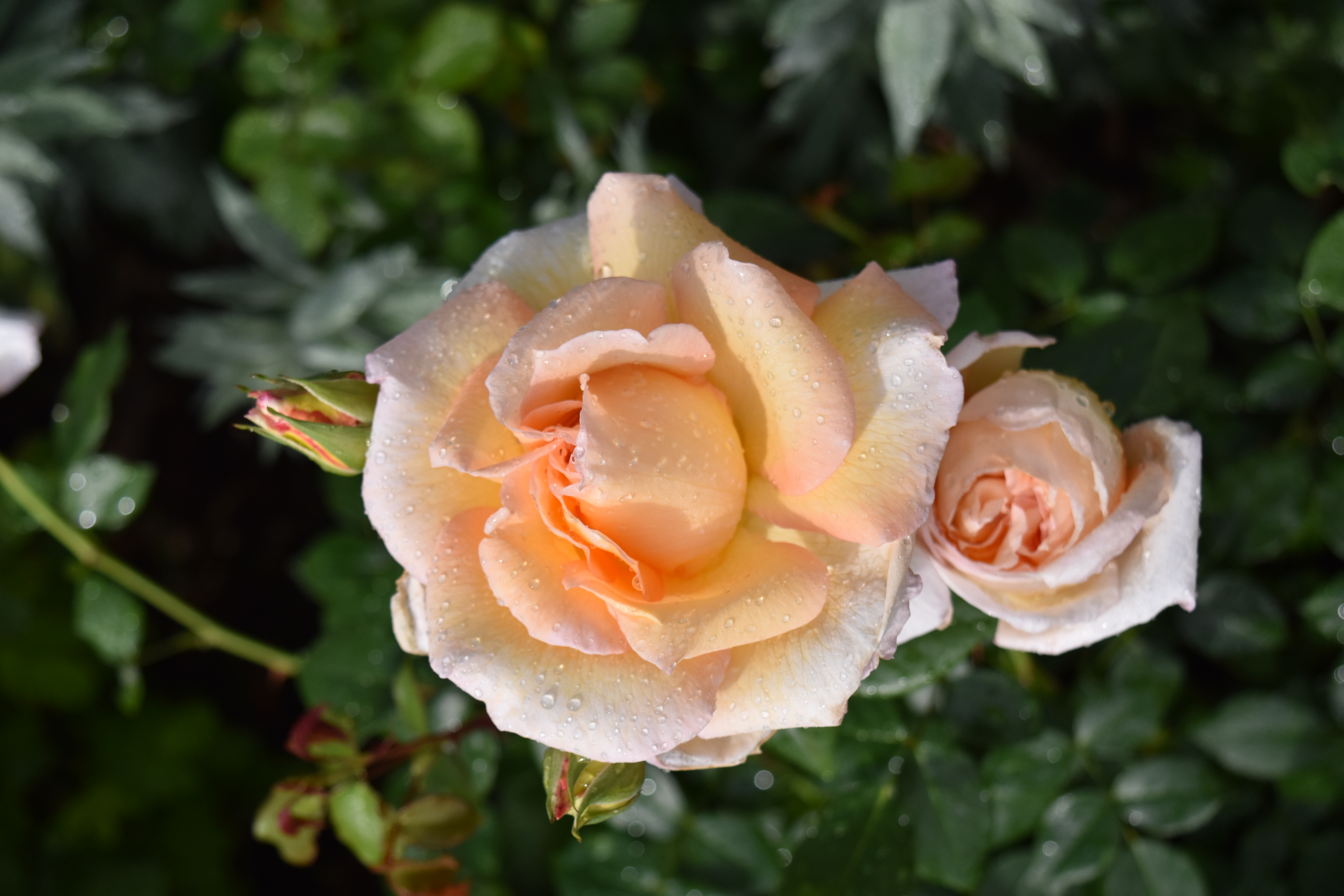
2) Rosa Eustacia Vye
If you like a citrusy scent and soft apricot-pink flowers, try Rosa Eustacia Vye, new this year from David Austin.
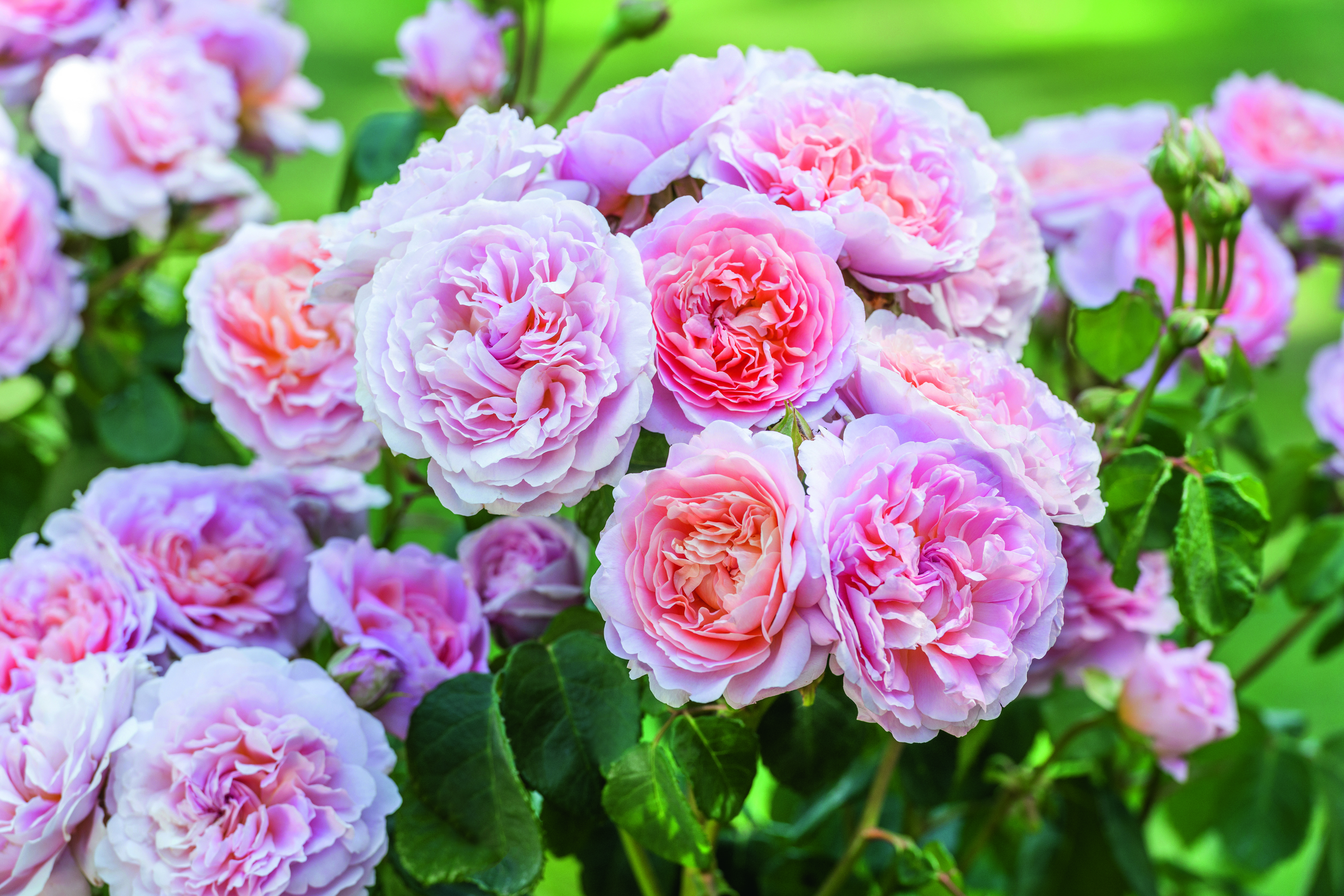
3) Tottering-by-Gently
For a splash of sunshine, grow Tottering-by-Gently, which has with masses of single yellow flowers.
4) Macmillan Nurse
Macmillan Nurse is a bushy, deciduous, repeat-flowering shrub rose with fragrant, creamy-white double flowers, sometimes flushed peach, borne in clusters from summer into autumn
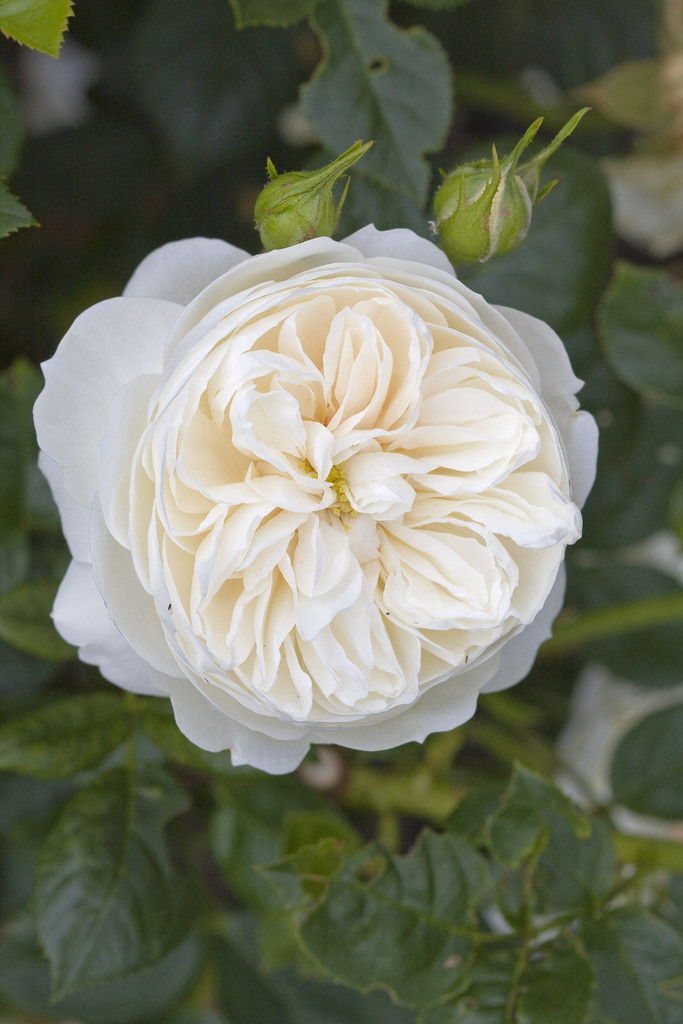
5) Eglantyne
Eglantyne is a bushy shrub rose with sweetly scented, quartered, double, soft pink flowers blooming almost continuously from summer to autumn
6) Gabriel Oak
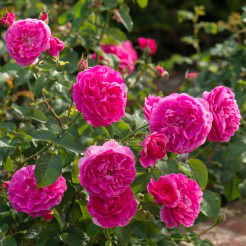
For a vigorous and striking deep pink rose with a strong traditional rose fragrance, another David Austin newbie is Gabriel Oak.
How to plant bare root roses
- Soak the roots in a bucket of water for at least 30 minutes to hydrate them.
- Dig a hole big enough for the roots to spread out in – about 1.5ft wide and 2ft deep.
- Sprinkle mycorrhizal fungi onto the roots to help the plant get off to a good start.
- Position the rose so that the lumpy graft area – where the roots joint the stems – is about an inch below soil level, then back fill and press in firmly.
- Water well, apply a generous mulch of compost or bark chippings and look forward to fabulous summer blooms.
Gorgeous rose plant ramblers and climbers
Nothing looks more impressive than a wall or pergola smothered in fragrant roses.
Ramblers are vigorous and will romp over a pergola, or up into a tree. Most flower only once, but ‘The Lady of the Lake’ has soft-pink repeat flowers from June to August, even when planted in the shade.
Climbers are better suited to walls, trellises, obelisks and arches.
The classic ‘New Dawn’ will grow up to 15ft and has clouds of fragrant, pale-pink blooms; while Madame Alfred Carrière produces large, creamy white flowers with a fruity fragrance, and is a good choice for a north- or east-facing site.
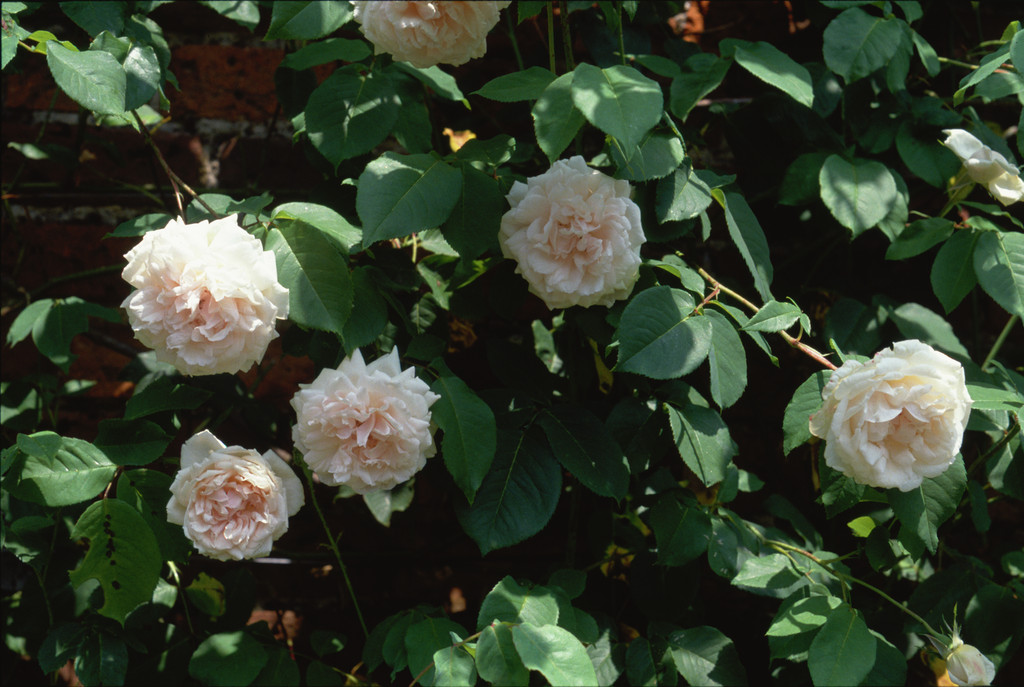
Grow an easy rose plant meadow
A low-maintenance trend for growing roses is to mix them with other perennials to create an informal ‘meadow’.
Pretty orange-red hips will form after flowering in autumn, then in late winter you cut the plants to within 3-4 inches of the soil – they will then regrow in spring.
You need robust, vigorous types to cope with this hardcore regime, such as Rosa glauca, Rosa alba, or Rosa Open Arms.